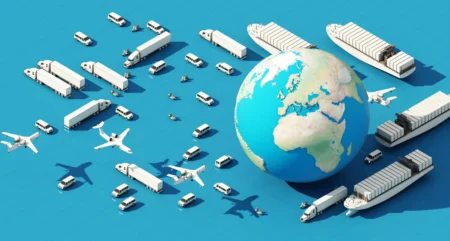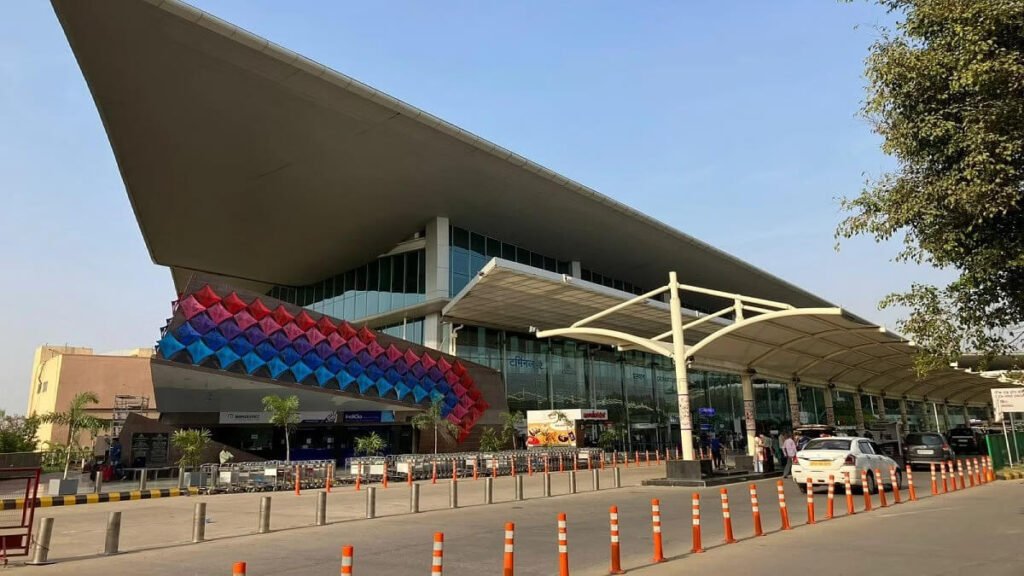According to the World Economic Forum (WEF), cost-cutting measures will be taken by businesses around the world in response to economic difficulties, but chief economists are upbeat about inflation and robust balance sheets. While this is happening, some economies in South Asia, notably Bangladesh and India, may profit from global trends like the diversification of manufacturing supply chains away from China.
In contrast to the US, where 91per cent of economists forecast poor or very weak growth in 2023, every economist surveyed expects weak or very weak growth in Europe. In China, there is a sharp division in respondents’ growth estimates between those who anticipate weak or rapid growth.
“The global economy is in peril because two-thirds of economists predict a global recession in 2023. The political atmosphere of high inflation, slow growth, high debt, and high fragmentation makes it more difficult to attract the investments necessary to restart growth and improve living conditions for the world’s most vulnerable people,” Saadia Zahidi, managing director of the WEF, stated.
“Leaders need to look beyond today’s challenges and make investments in tomorrow’s high-potential job-creating businesses, as well as in the development of new technologies for food and energy. There is no time to waste,” she said.
The impact of this broader economic transition is likely to be felt in trade, investment, labour, and technology movements, posing a variety of corporate difficulties and opportunities. The fact that business activity is not anticipated to be significantly hampered by supply chain disruptions in 2023 is a promising indicator.











